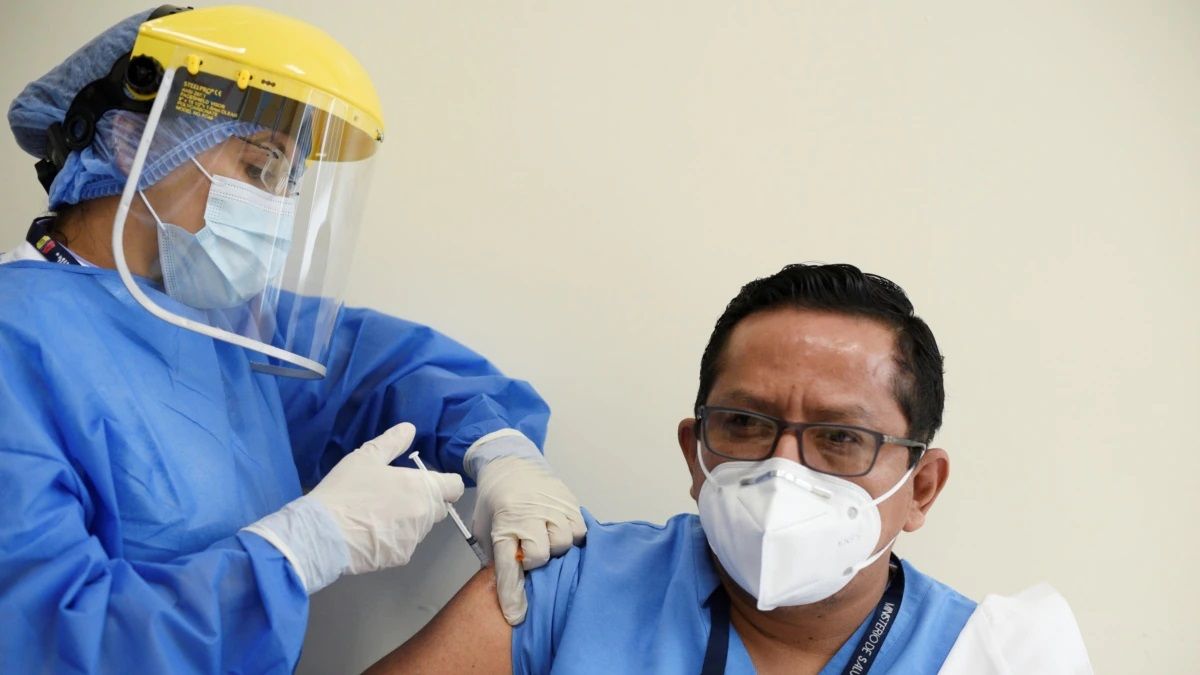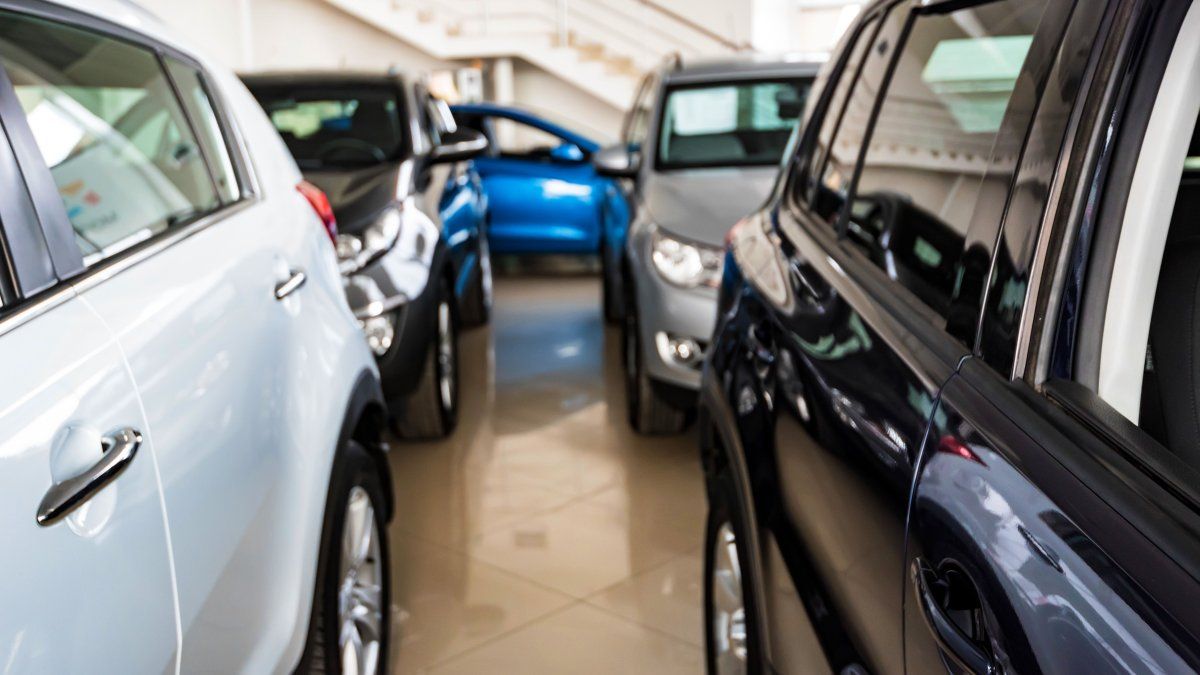Oxygen was depleted in Peru. The gravediggers worked all night in San Pablo, Brazil. The bodies were kept in cardboard containers in Guayaquil, Ecuador.
Brazil, the largest country in Latin America, saw its death toll from coronavirus become the second highest in the world, while Argentina and Peru reported some of the highest per capita death figures.
But in recent months, despite humble health services and lower income levels than in Europe or the United States, the region has become a surprise in the vaccination race.
South America is now the most vaccinated region in the world, with 63.3% of the population completely inoculatedaccording to the Our World in Data project, which compiles official figures from governments around the world.
Europe ranks second with 60.7%. In Africa, only 8.8% of the population has completed the vaccination scheme.
Infection and death rates have plummeted compared to mid-year, when Latin America and the Caribbean accounted for nearly half of global deaths and infections. It is now Europe where, due to the spread of Omicron variant of Covid-19, the contagion is spreading.
Epidemiologists point to several factors to explain the rapid vaccination campaign in South America. But Most importantly, they say, has been the history of decades of successful vaccination campaigns that have created the necessary infrastructure to manage applications en masse., while instilling confidence among the population.
In Brazil, the successful inoculation campaigns in the last half century against smallpox, meningitis, polio and measles have caused very few people to oppose vaccines, said Paulo Lotufo, an epidemiologist and professor at the University of São Paulo.
In some major cities, like Rio de Janeiro Y Saint PaulMore than 99% of the adult population has received at least one dose, authorities say. Brazilians often proudly claim that the nation has a “culture of vacinacao” or “culture of vaccines.”
The same can be said for other countries in the region, which have previously launched extensive inoculation campaigns after outbreaks of traumatic infectious diseases in recent decades.
“This trust (is) built over several years and clearly based on the benefits of our extensive vaccination schedule,” said Leda Guzzi, an infectious disease expert from Buenos Aires.
Delivering effective public health messages has also been key, said Albert Ko, a professor at the Yale School of Public Health and a research fellow at the Oswaldo Cruz Foundation in Rio de Janeiro.
In Brazil, for example, a doll that resembles a docile white blob, known as “Zé Gotinha”, has been widely used by health officials to promote the vaccine, even when President Jair Bolsonaro himself refused to be inoculated. .
Earlier this year, funk dance star MC Fioti released a viral video with a modified version of one of his hits in association with the Butantan biomedical institute in São Paulo to promote the vaccine.
Storm clouds are coming
However, the region is far from out of the woods, particularly as the Omicron variant of Covid-19 is spreading across the globe.
Even with an impressive 63.3% of the population vaccinated, the region remains below the threshold that most scientists say is necessary to offer massive protection. The new omicron variant is now wreaking havoc across much of Europe despite similar levels of inoculation.
Among children, vaccination rates also vary dramatically from country to country in Latin America, and authorities in Mexico and Brazil are relatively slow to approve vaccines for minors.
Another potential problem is the vaccines used.
Many countries, such as Chile, Uruguay and Brazil, relied heavily on Coronavac, a vaccine produced by Sinovac Biotech Ltd of China, particularly in the initial phase of their vaccination campaigns.
Although the vaccine is credited with rapid application, it is less effective than its peers, and at least one initial study has indicated that it may not produce antibodies against the Omicron variant. In early December, the World Health Organization (WHO) said that those who received SinovacAs well as all other “inactivated” vaccines, they should receive a booster.
Epidemiologists also say that Ómicron may be more adept at dodging the immunity generated by previous Covid-19 infections. That could be bad news in a region where the virus swept through entire neighborhoods in the early stages of the pandemic.
Source From: Ambito
David William is a talented author who has made a name for himself in the world of writing. He is a professional author who writes on a wide range of topics, from general interest to opinion news. David is currently working as a writer at 24 hours worlds where he brings his unique perspective and in-depth research to his articles, making them both informative and engaging.




